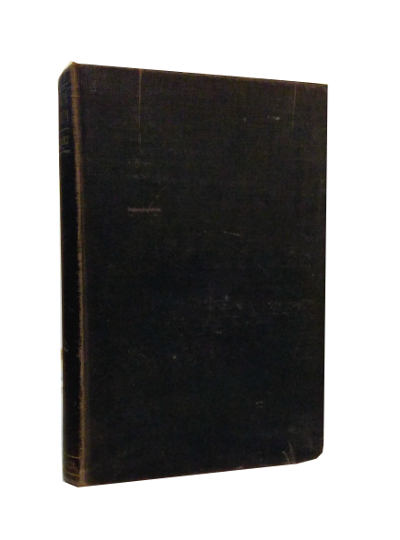Contents (summarized):
- Describes epistemology, Kant’s system, positive philosophy
- Hinton, the geometrical conception of space, matter and motion
- The fourth dimension, and its relation to three-dimensional bodies
- The fourth dimension, concepts of space and time, “time-sense”, “space-sense”
- Four-dimensional space, the temporal body, difference between 3D and 4D
- Investigating higher dimensions, an amgle as motion
- Mathematical definition of dimensions, non-Euclidian geometry vs metageometry, our psyche
- Sensation, perception, conception, intuition, the animal psyche
- Animals and perception
- The spatial understanding of time, mechanical motion and life, the four-dimensional sphere
- Science and the problem of the fourth dimension, the new physics, relativity
- Analysis of phenomena, life, consciousness, transformation of energy
- The apparent and hidden side of life, the artificial world created by science
- The relationship of phenomena which appear unrelated, Plato, occult understanding
- Occultism and love, love and death, the creative force of love, Nietzsche
- Brain and consciousness, unity of the world, rational and irrational actions
- A living and rational universe, animated nature, the face of Mahadeva, Zendavesta
- Pure and impure emotions, personal and super-personal emotions, moral esthetics, knowlege of God and knowledge of Beauty
- The intellectual method, objective knowledge, Plotinus, dreams, waking consciousness, nirvana
- The sense of infinity, mathematics, transfinite numbers
- Man’s transition to higher logic, Organon of Aristotle and Novum Organum of Bacon
- Theosophy of Max Muller, ancient India, and overview of mystics
- Cosmic consciousness of Dr. Bucke
About Ouspensky (from Wikipedia):
Pyotr Demianovich Ouspenskii (5 March 1878 – 2 October 1947), was a Russian esotericist known for his expositions of the early work of the Greek-Armenian teacher of esoteric doctrine George Gurdjieff, whom he met in Moscow in 1915.
All in all, Ouspensky studied the Gurdjieff system directly under Gurdjieff’s own supervision for a period of ten years, from 1915 to 1924. His book In Search of the Miraculous recounts what he learned from Gurdjieff during those years. While lecturing in London in 1924, he announced that he would continue independently the way he had begun in 1921. Some, including his close pupil Rodney Collin, say that he finally gave up the system in 1947, just before his death, but his own recorded words on the subject (“A Record of Meetings”, published posthumously) do not clearly endorse this judgement, nor does Ouspensky’s emphasis on “you must make a new beginning” after confessing “I’ve left the system”.



